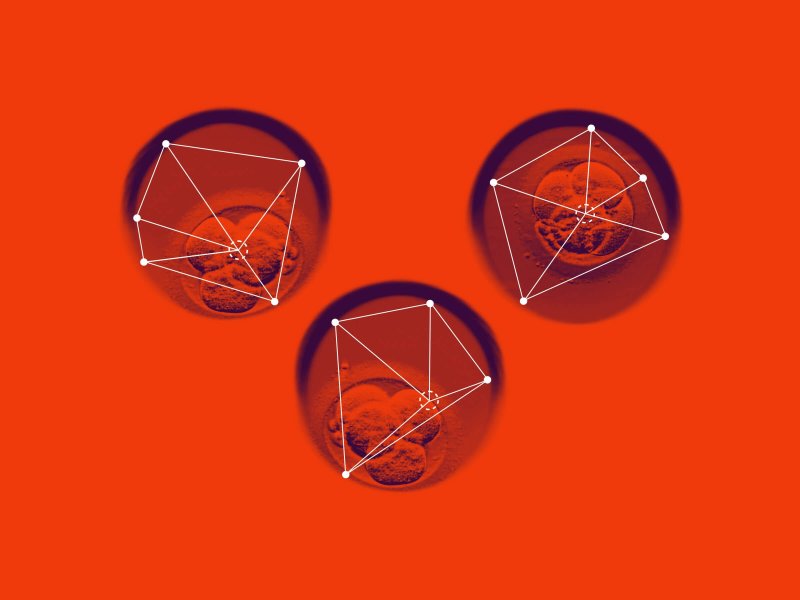[S]ome companies have already started to offer couples going through in vitro fertilization (IVF) the means to pick better embryos through polygenic scoring.
…
Couples might be tempted… to produce kids who are taller, smarter, or less likely to develop cancer or heart disease. However, polygenic scores aren’t as predictive right now as genetics companies might claim.
“Genes don’t usually do just one thing. When you select an embryo based on a decreased risk for one disease, like cancer or diabetes, you may be selecting an embryo that’s at increased risk for some other disease that we just don’t know about,” [USC’s Patrick Turley] said.
“If you select an embryo that’s predicted to have the highest educational attainment, that also would theoretically increase the risk of your child eventually having bipolar disorder,” Turley said. “That’s a relationship we know about.”































